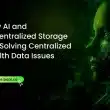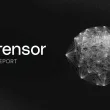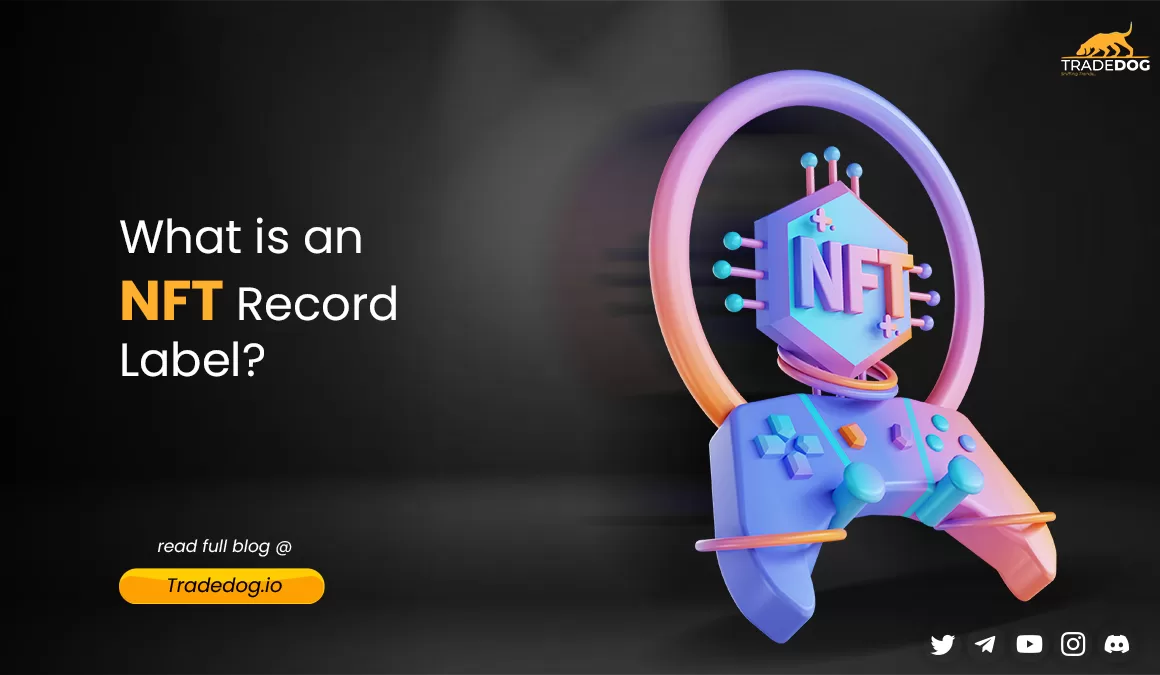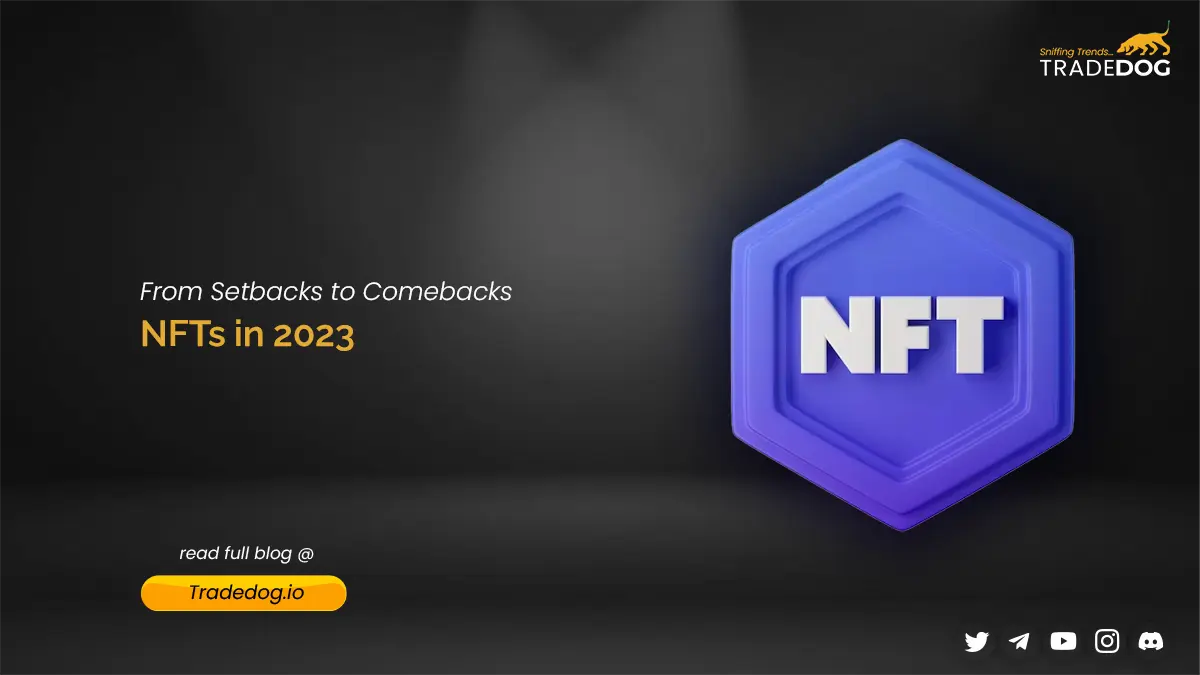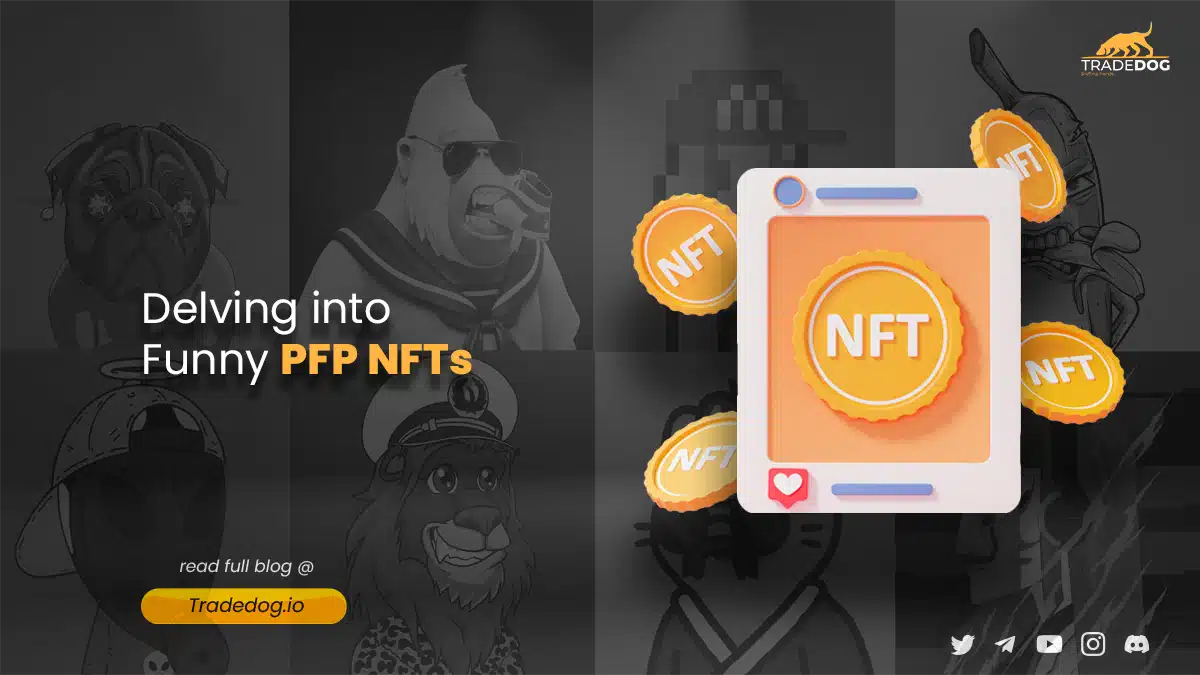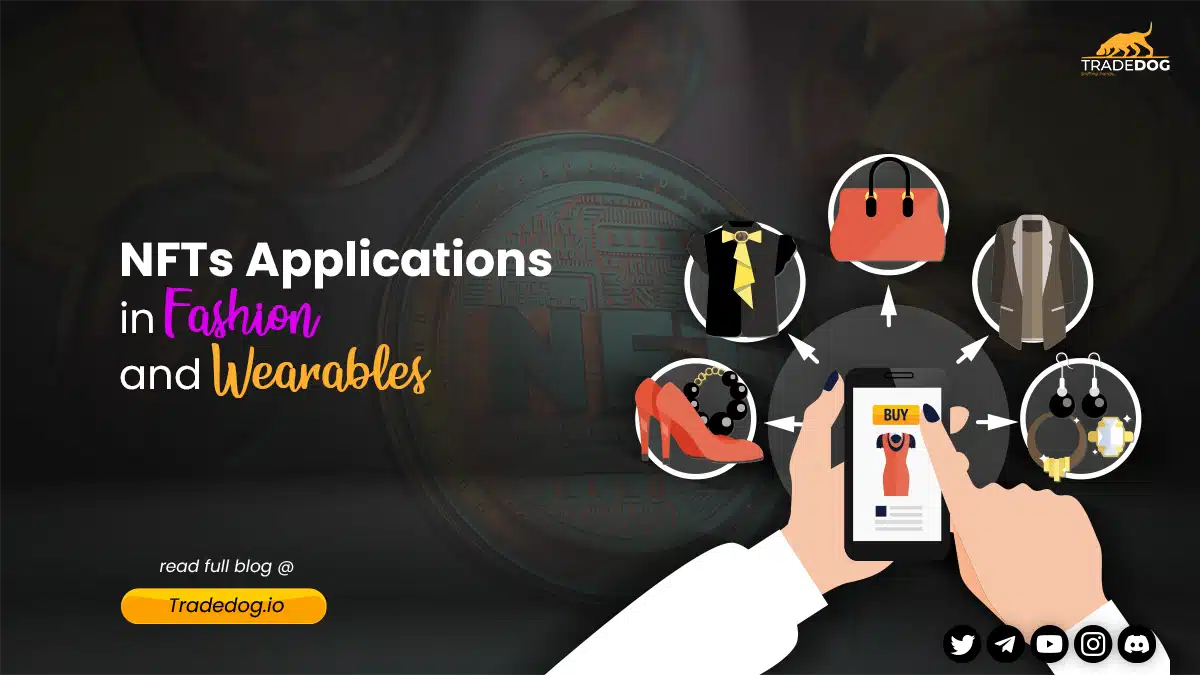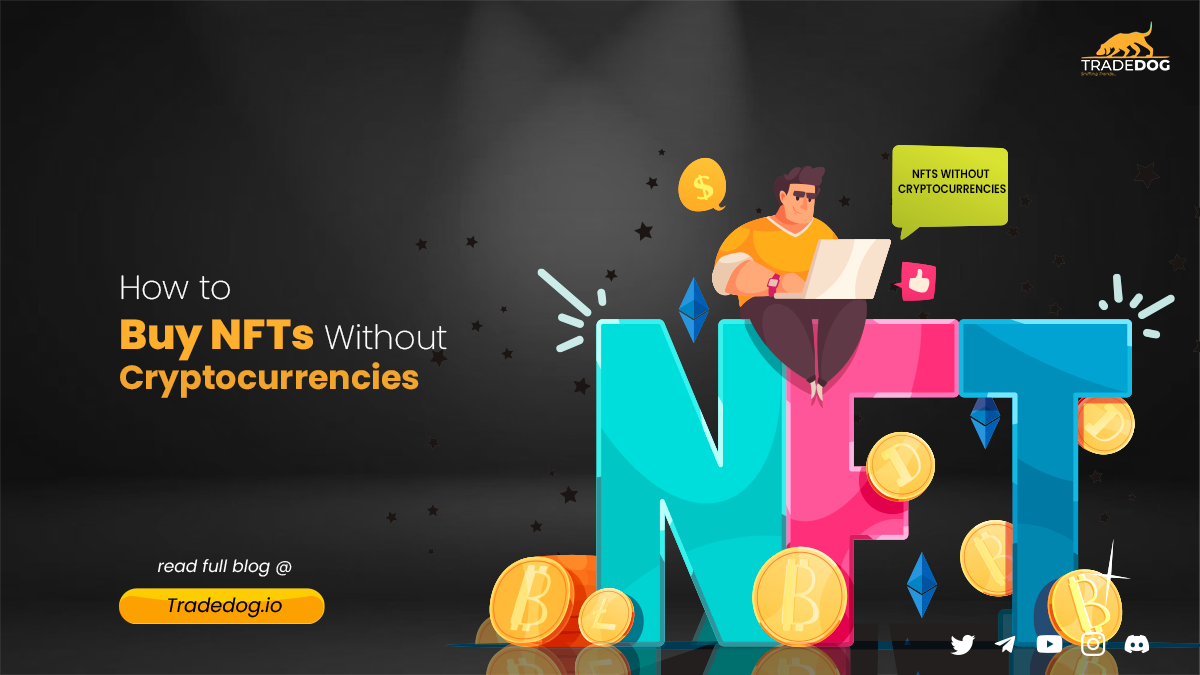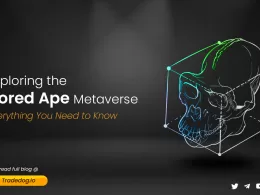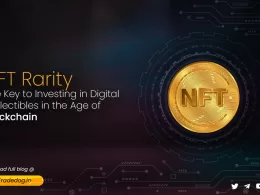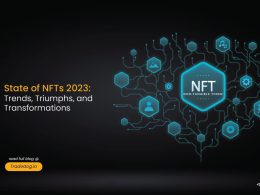Quick Links
While the music industry’s global revenue is expected to surpass $65 billion in 2023, these earnings predominantly flow into a few large platforms and major record labels. As a result, many artists have started exploring the use of NFTs as a new way of distributing and monetizing music while enhancing the connection between musicians and fans.
NFTs empower creators coming from all shades, including musicians. In this blog, we will delve into what music NFTs are and how they can revolutionize the music industry’s supply chain.
Understanding NFTs in the Music Industry
A Music NFT is a digital asset & serves as a certificate that identifies the owner of a musical work. The NFT is tied to a specific song, EP, album, or video clip, allowing it to be sold to anyone. The owner of the NFT has full discretion over the usage of the composition.
However, there are a few misconceptions that we should clear about Music NFTs before we proceed further. Some view music NFTs as an alternative to buying tracks from streaming platforms like iTunes or Spotify. When buying a subscription plan for iTunes, we own the right to listen to the track but do not own the underlying asset. NFTs here are the exact opposite of those subscription plans.
A song encompasses various elements, from beats and lyrics to financial contracts and royalties. Artists can sell a song as a single NFT or individual layers as separate NFTs. Through music NFTs, anyone can listen to a song, but only the buyer holds ownership.
A common question here is, why would anyone buy a song when you can listen to it for free? Just like people are crazy about buying a jpeg when they can simply right-click and save it, people are passionate about music and want to own their favorite tracks. Another reason they would want to buy these NFT is to earn profits through price speculation.
How NFT Record Labels Work
The traditional music industry model is broken, allowing limited sources of revenue and direct engagement with fans. Music NFTs fix these problems by allowing musicians complete creative control over their assets (song, album, lyrics, royalties, exclusive content, etc).
The artist or band has the autonomy to determine the scope they wish to provide to their fans, such as merchandise, concert tickets, audio files, and more. Subsequently, they will select the platform they want to create their NFT. Music NFTs can be traded on common NFT marketplaces, including OpenSea, Blur, LooksRare, and X2Y2, as well as specialized Web3-native platforms such as Audius, Sound XYZ, Royal, Opulous, Catalog, and more.
After choosing their preferred platform, the artist will inform their fans about upcoming NFT releases and then auction/sell them at a price of their choice.
Music NFTs, like all other NFTs, cannot be replicated. A music producer might opt for a unique audio file sale, where the highest bidder becomes the owner of the audio file but not the copyright. Alternatively, they could create a limited number of NFTs from the same audio file and sell them on a music marketplace. This innovative approach to music distribution eliminates the need for distribution via middlemen.
Every fan who acquires a music NFT gains ownership of their preferred musician’s creation. These NFTs can be securely stored in crypto wallets and, if desired, resold to interested buyers at higher prices. While the musician may not be able to resell the NFT personally, they can still benefit from subsequent NFT resales, enabling them to earn royalties.
Benefits and Opportunities for Artists
Direct Fan Engagement
NFT record labels offer additional benefits and experiences to NFT owners, enhancing fan engagement without intermediaries. Exclusive merchandise, concert tickets, backstage access, virtual experiences, and other unique offerings can be provided to NFT holders, creating a sense of exclusivity and rewarding loyal supporters.
New Monetization Opportunities
NFT record labels often incorporate smart contracts into their NFTs. These contracts enable automatic royalty payments to be distributed to the original artists or rights holders whenever the NFT is sold, or the associated music is streamed or used commercially. This provides a transparent and efficient way for artists to receive fair compensation for their work.
Ownership & Rights
When an NFT representing a music asset is purchased, the buyer becomes the owner of that specific NFT. Owning an NFT grants certain rights and benefits, which can vary based on the terms set by the record label.
Tokenizing Music Assets
Each music asset is tokenized as an NFT. This involves assigning a unique identifier to the NFT and attaching relevant metadata, including details about the music, artist, and potentially additional perks or benefits associated with ownership. This process ensures the uniqueness and authenticity of the NFTs.
Platform for Emerging Artists
Streaming platforms like Spotify generate limited revenue for emerging artists as 99%+ of all Spotify streams go to the top 10 artists, making it nearly impossible for small artists to get the revenue & attention they need to succeed. NFTs empower artists to sell their work as their label and earn royalties on every resale.
Music NFTs and Web2
Music NFTs do not compete with existing platforms; instead, they create new markets, revenue streams, and business models for musicians. While offering advantages over current economic models, music NFTs can effectively complement traditional systems.
Web2 platforms are likely to integrate the ability of artists to create NFTs on their platform to stay competitive in the ever-evolving landscape of musical formats and consumer habits. Meanwhile, fans can continue to enjoy the convenience of streaming vast music libraries for a nominal subscription fee.
Moreover, NFTs can potentially revolutionize the ticketing industry, valued at over $70 billion, by providing enhanced ticketing experiences for events and secondary markets. Additionally, NFTs bring greater transparency to the marketplace, mitigating issues like ticket scalping.
Examples of Music NFT Marketplaces
(I) LGND Music: It is a Web3 music platform that allows fans to collect, own, and trade music while feeling close to their favorite artists. The platform is built by partnering with the global entertainment giant Warner Music Group and Polygon Studios.
(II) Royal: Founded in 2021, Royal is an NFT Music marketplace that enables anyone to invest in Music and earn royalties alongside artists. It has raised around $71 million from renowned investors, including a16z, Paradigm, and others.
(III) Sound: is another Music NFT Marketplace founded in 2021 to empower artists and their community of fans. They have raised $5 million from Scalar Capital, Variant, and other investors.
Multiple other Music oriented NFT Marketplaces are emerging to support the creators and help them take advantage of this evolving technology. Mastercard has recently launched a Web3 Musician accelerator program in partnership with Polygon Studios. It will connect five emerging music artists worldwide with mentors and help them establish their brand in the Web3 space.
Future of the Music Industry
Music NFTs have emerged as a fresh avenue for musicians to monetize their creations and forge deeper connections with fans. By offering exclusive content like unreleased tracks, live performances, and digital artwork, artists can allow fans to own a unique piece of their artistic expression and join a vibrant community of fellow enthusiasts.
The advent of music NFTs can transform the landscape of music discovery, distribution, and monetization. As the popularity of music NFTs continues to grow, the music industry must embrace this innovative technology and explore its vast potential for the mutual benefit of artists and fans.

